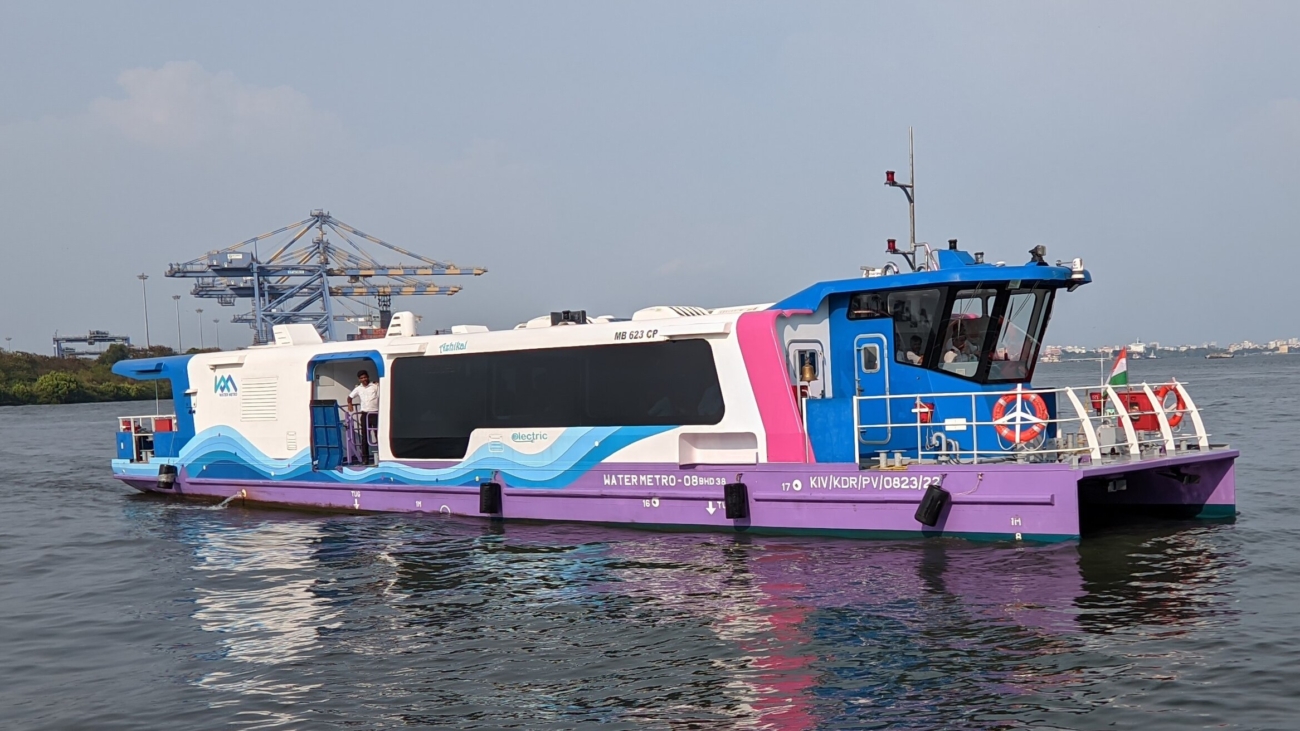Kerala’s economic future will depend less on traditional industries and more on how efficiently the state enables new firms to begin operations. Startups—whether tech-based, creative, manufacturing, or service-oriented—create high-productivity jobs, attract capital, and stimulate innovation networks. But the typical founder in Kerala confronts a bureaucratic maze before the first customer is even acquired. Licensing confusion, slow file movement, overlapping inspections, and compliance ambiguity impose delays that kill momentum and inflate the cost of entry.
Economically, this friction acts as a tax on entrepreneurship. Every additional day spent waiting for approvals is a day of lost output, delayed hiring, and frozen cashflow. As Kerala looks toward 2047, it cannot afford an environment where administrative uncertainty becomes a structural barrier to growth. A 100-day Startup Clearance Window is therefore not merely a procedural reform—it is a reconfiguration of Kerala’s production engine.
The economic logic is straightforward. Faster approvals compress the time between idea and market entry, increasing the velocity of entrepreneurial activity. When 100 days becomes the upper limit for all startup approvals, transaction costs fall dramatically. Young firms can allocate more capital to product development, marketing, and hiring rather than navigating compliance. Over time, this accelerates the creation of new jobs, new sectors, and new local supply chains.
A central element of the reform is the move to online compliance across 30-plus departments. Fragmentation is one of the invisible costs imposed on new firms. Each department—labour, local body, fire safety, environment, excise, industry—has its own processes, formats, and timelines. By integrating compliance under a single digital architecture, Kerala reduces information asymmetry and uncertainty. Startups gain predictability, and predictability reduces risk premiums. In economic terms, lowering regulatory opacity functions like lowering the cost of capital.
The introduction of a zero-inspection regime for early-stage startups is another structural innovation. Traditional inspection frameworks were designed for large factories, not small digital firms, bootstrapped ventures, or micro-manufacturers experimenting with prototypes. Early inspections often function less as safety checks and more as friction points. For startups, the economic hazard of inspections is not only disruption but also the implicit threat of rent-seeking. A no-inspection period removes this ambient risk, giving firms a runway to stabilise operations before entering the regular regulatory ecosystem.
Exemption from local license fees for three years serves a similar purpose. For early-stage firms, fixed compliance costs often feel disproportionately heavy. At the beginning, every rupee saved extends runway and increases survival probability. Fee exemptions are not merely incentives—they are survival enablers. When a startup ecosystem matures, survivability of firms in their first 1,000 days becomes one of the strongest predictors of long-term output growth.
Reducing regulatory delays by 70 percent can have compounding macroeconomic effects. When a state cuts friction in firm formation, entrepreneurship scales up non-linearly. Each additional firm creates new demand for professional services, logistics, marketing, legal support, and digital tools. This multiplier effect has been observed in states and countries that simplified compliance—Israel, Singapore, Estonia, and certain Indian states during periods of reform. For Kerala, which has historically faced slow industrial formation, such friction reduction can become a transformative growth lever.
Beyond individual firms, the 100-day clearance window strengthens Kerala’s economic signalling power. Investors—angel networks, venture capitalists, global incubators—evaluate states not only by incentives, but by the reliability of the operating environment. When Kerala institutionalises a guaranteed clearance period backed by an integrated digital platform, it communicates managerial discipline to global and domestic capital. This reduces perceived risk and increases the willingness of investors to allocate funds to Kerala-based ventures.
The broader economic ecosystem also benefits. Faster firm formation encourages competition, and competition drives innovation and efficiency. New startups challenge incumbents, leading to better products and lower prices for consumers. Additionally, a predictable regulatory environment reduces the informal economy. When compliance is simple, cost-effective, and time-bound, fewer firms are pushed into operating outside the formal system. This improves tax compliance in the long run, enhances state revenue, and reduces distortions created by informal operations.
By 2047, Kerala’s economic ambition must be to shift from a consumption-driven economy to an enterprise-driven one. Consumption can sustain, but enterprise builds. A 100-day Startup Clearance Window is one of the foundational steps in creating such an enterprise-first environment. It is a policy that recognises that time is the most valuable resource for entrepreneurs and that reducing friction in the early stages produces disproportionate long-term gains.
The economics is unambiguous: a state that lowers startup transaction costs increases innovation, competitiveness, and resilience. For Kerala, which already has the literacy, talent, and diaspora connections required for a thriving innovation economy, eliminating administrative frictions may be the missing structural piece.
Kerala Vision 2047 demands a future where new firms are born quickly, grow confidently, and operate without bureaucratic drag. A guaranteed 100-day clearance system is not just a reform—it is the economic architecture on which Kerala’s next generation of jobs, industries, and wealth creation will be built.

